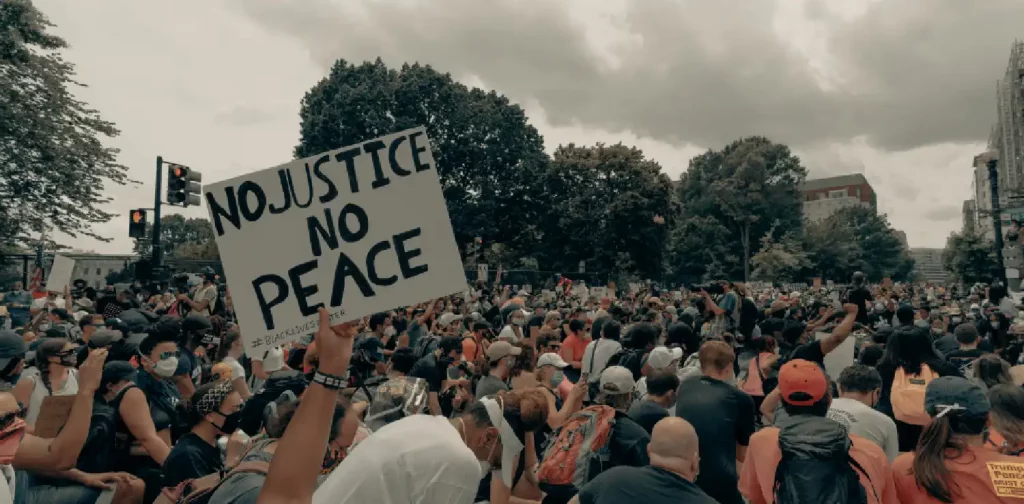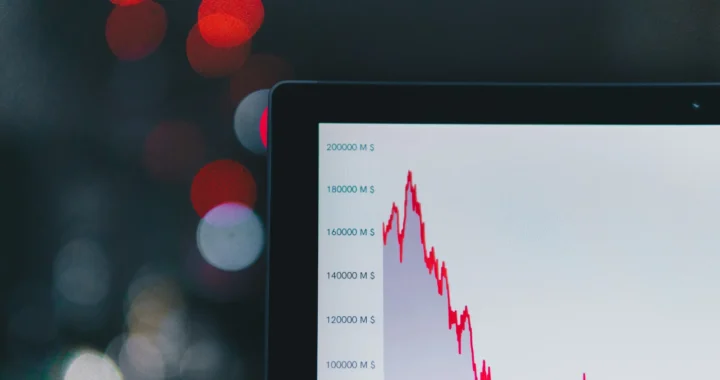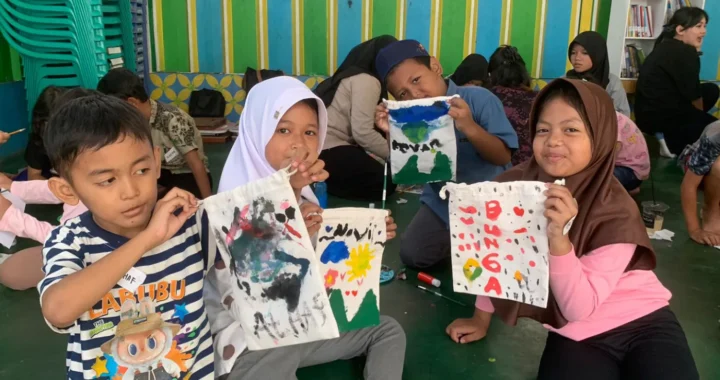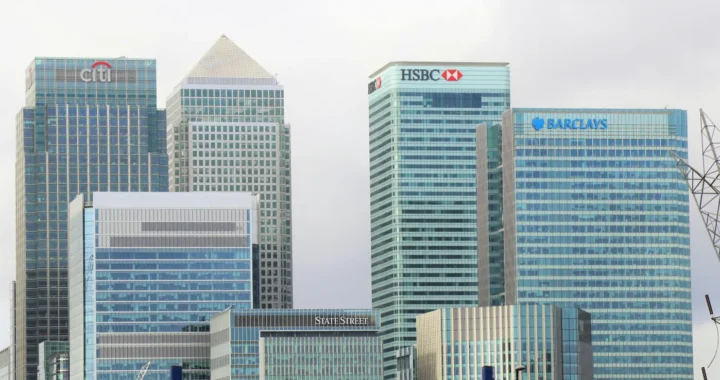Looking Closer to Human Rights Issues

Photo: Clay Banks on Unsplash.
As humans, we are born with inherent rights. Those rights range from the right to live without discrimination to freedom of expression. In 1948, the United Nations General Assembly adopted the Universal Declaration of Human Rights (UDHR) as the foundation to protect human rights. As 2023 marks the 75th year of the adoption of the UDHR, what human rights issues do we still need to pay attention to?
Freedom and Equal Rights
We all have civil and political rights. These rights should ensure equality before the law, freedom of expression, participation in public affairs and elections, and protection of minority rights. However, women are still largely underrepresented in political settings. Additionally, Indigenous Peoples in many parts of the world still haven’t received legal protection and acknowledgment before the law.
Freedom and equal rights must be realized through collective participation from all relevant stakeholders. This includes involving more women in governmental positions and safeguarding press freedom. When people have the right to express their opinions while being granted sufficient protection in doing so, it will amplify the voice we need to hear the most and drive necessary changes, especially for women, Indigenous Peoples, and other vulnerable groups.
Global Poverty
The rights to adequate food, housing, education, sanitation, and work all fall under the umbrella of economic, social, and cultural rights. However, it would be challenging to realize all of these rights without addressing one of the most fundamental issues behind it: poverty.
The goal to end poverty is included in the Sustainable Development Goals. However, at the midpoint of the 2030 Agenda, almost 700 million people still live in extreme poverty. This means they have less than $2.15 daily to survive according to the World Bank’s standard. The nature of poverty is also multidimensional. Beyond the lack of financial resources, poverty also includes poor health, lack of education, and low living standards.
Realizing people’s economic, social, and cultural rights will require large-scale intervention to eradicate poverty and other inhibiting factors. Globally, there must be a systemic transformation to ensure a holistic, inclusive, and fair approach to addressing the issue.
Humanitarian Crises
Humanitarian crises have been occurring more frequently and severely in recent years. Natural disasters and human-made conflicts have caused a large number of migrants, refugees, and internally displaced people. In those dire situations, the rights of those affected by the humanitarian crises are often overlooked.
Displaced people often don’t receive sufficient help to fulfill their rights and ensure basic survival. This includes healthcare, food, and basic sanitation. Moreover, vulnerable groups such as people with disabilities, children, and women are often left behind in humanitarian responses. This negates the principles of human rights to adequate living standards.
World leaders must show strong commitment and actions to end humanitarian crises, especially wars and conflicts. Strengthening disaster risk reduction and humanitarian aid is also crucial to ensure the fulfillment of basic needs for those affected by crises.
Human Rights Amidst Crises
Achieving universal human rights wouldn’t be possible without addressing the underlying issues behind it. Moreover, we now live in times of uncertainty due to multiple crises. On top of the abovementioned crises, we still have to deal with the climate crisis. Therefore, taking a human rights-based approach to addressing the multiple world issues is crucial now more than ever. Ensuring human rights for all will hopefully allow more people to drive necessary changes for the people and planet.
Editor: Nazalea Kusuma

Subscribe to Green Network Asia
Strengthen your personal and professional development with cross-sectoral insights on sustainability-related issues and sustainable development across the Asia Pacific and beyond.

Kresentia Madina
Madina is the Assistant Manager for Digital Publications at Green Network Asia. She graduated from Universitas Indonesia with a bachelor's degree in English Literature. She has three years of professional experience working on GNA international digital publications, programs, and partnerships particularly on social and cultural issues.


 When Green Turns Excessive: The Overproduction and Overconsumption of Reusables
When Green Turns Excessive: The Overproduction and Overconsumption of Reusables  SDG Venture Scaler Aims to Drive Sustainable Investment in Southeast Asia
SDG Venture Scaler Aims to Drive Sustainable Investment in Southeast Asia  Improving Primary Education in Central Asia
Improving Primary Education in Central Asia  How Young People Participate in Driving Sustainable Development Progress
How Young People Participate in Driving Sustainable Development Progress  Inisiasi Lantara: Sparking Reading Interest Since Childhood Through Literacy Events
Inisiasi Lantara: Sparking Reading Interest Since Childhood Through Literacy Events  FINZ Standard: A Science-based Framework to End Fossil Fuel Financing
FINZ Standard: A Science-based Framework to End Fossil Fuel Financing